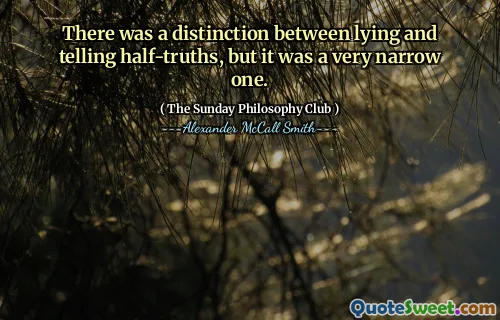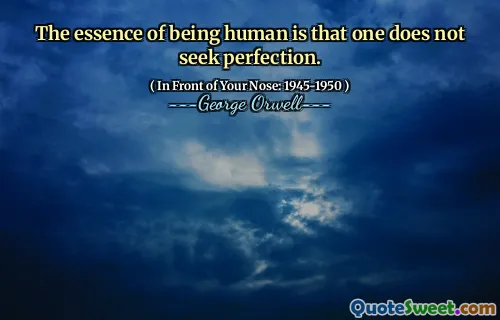
If what is true brings us sorrow, / if what sorrow brings is truth
This quote delves into the profound relationship between truth and suffering. It suggests that discovering or embracing the truth can often lead to sorrow, highlighting the bittersweet nature of authentic understanding. Sometimes, the reality of a situation, when fully acknowledged, can be painful or difficult to accept. This echoes a common human experience where ignorance may offer comfort, but true awareness can open the door to hardship. Yet, it also implies that sorrow may be an inevitable part of confronting truth, which might be a necessary step towards growth and genuine understanding. The quote invites reflection on whether the pursuit of truth is worth the emotional pain it might bring. It questions the assumption that happiness or contentment necessarily stems from ignorance, proposing instead that confronting reality—even if painful—is integral to personal and collective integrity. In a broader sense, it challenges us to consider how society handles uncomfortable truths and whether we are willing to accept sorrow as a part of living authentically. The acceptance of sorrow intertwined with truth can lead to a more profound sense of resilience and authenticity because facing hardship often fosters growth. This idea resonates deeply in various aspects of life—personal relationships, societal issues, or philosophical endeavors—where clarity and honesty might complicate feelings but ultimately pave the way for genuine progress and understanding.






